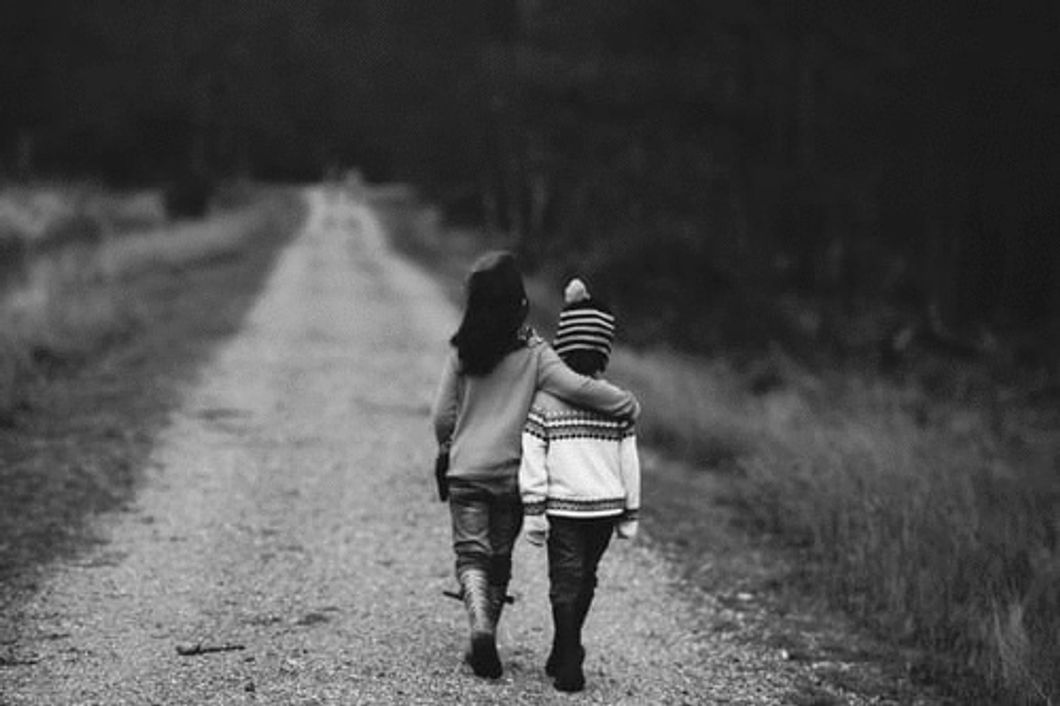It's very easy to be sympathetic when someone is going through something that's hard to deal with. Take loss, for example. It's easy to tell someone that the person they lost could have been in more pain, or that at least they didn't die alone. Finding these scapegoats and thus making your "comforting" much less personal protects you from feeling vulnerable. The key to truly comforting someone and making it known that their feelings are valid is opening yourself up to our old friend Vulnerability. The key is empathy.
Casandra Brené Brown, Ph.D. and LMSW, is a research professor at the University of Houston and is most famous for her viral and beautifully articulated TED Talks. One of these videos is about how "empathy fuels connection [and] sympathy drives disconnection." If you want to truly be there for someone when they need you, you have to be willing to put yourself in the same emotional space as them or what you think is being nice will come across more as fake or shallow. Empathy is so difficult to master because, in order to be empathetic, you have to tap into the closest trauma you've endured to what the other person is going through. Going back to the example of someone experiencing loss, you have to put yourself emotionally back in the place of when you experienced loss or went through the "stages" of grief in order to be empathetic with them.
While sympathy is, "I'm feeling bad for you," empathy is, "I'm feeling with you."
This can be taxing, and too much of it can prove toxic and unhealthy. However, sometimes feeling these things again can remind us of the progress we've made. Brown gives four main steps to properly showing empathy, which include the following.
1. Putting yourself in the other person's shoes.
2. Listening without judgment, even though we seem to enjoy judging others.
3. Relating to what the person is feeling because you've felt it before.
4. Letting the person know that they are not alone.
My dad uses the example of a well to make sense of sympathy versus empathy. Say someone you love is stuck in an empty, deep well. Sympathy is seeing that they're down there and either throwing them a rope or saying, "Well, at least the well isn't full of water." Phrases such as, "everything happens for a reason," and beginning with, "at least," are the true thieves of closeness. In this example of the well, empathy would be using the rope to climb down into the well with them to not leave them alone. Empathy is to be vulnerable together, while sympathy leaves one person protected and the other feeling more hurt than before with feelings like the sympathetic person can't really be trusted in the future.
"Rarely can a response make something better. What makes something better is connection," Brown said. Without this connection, this desire for closeness, there is no reason for someone to voluntarily dig into their pain. As Brown said, "Empathy is a choice." We have to choose to be vulnerable, one of the hardest choices there is.
When I write, I feel like I make the conscious choice to leave my heart in my words and bare my soul to anyone who comes across it. It is from this place of healing in which I can personally see the world more clearly... to see that with a little more empathy, we can make this world a much better place.


















